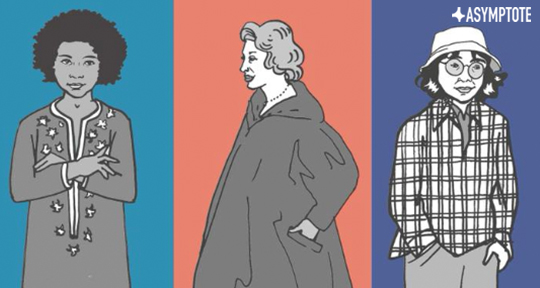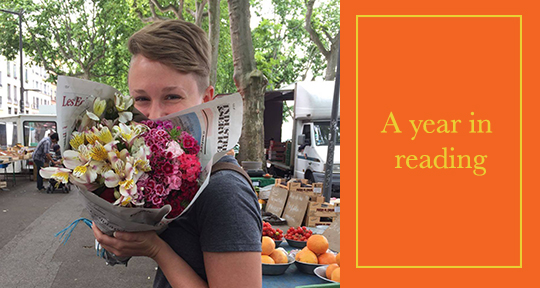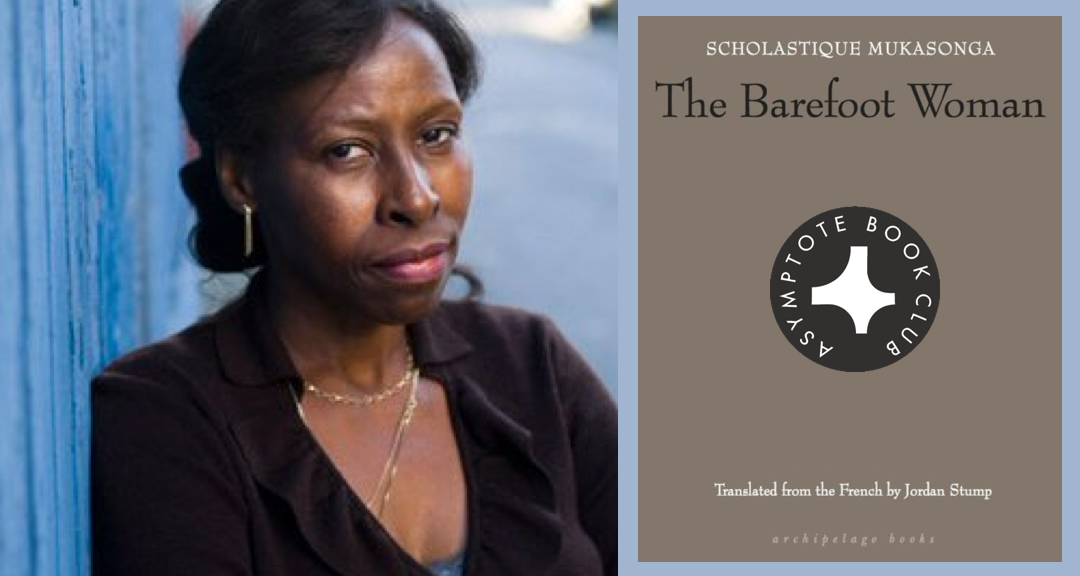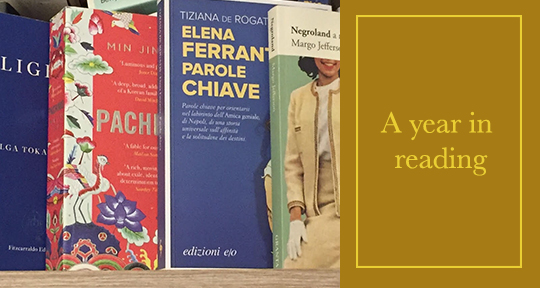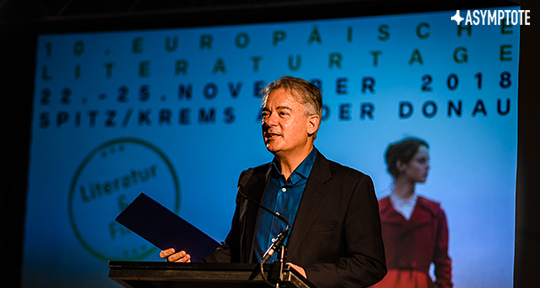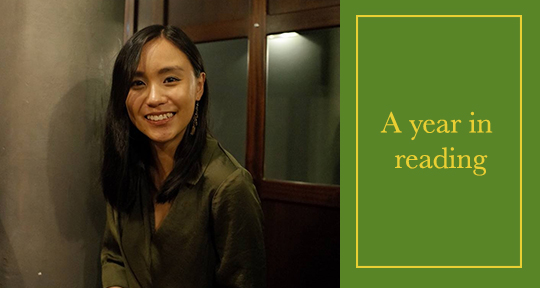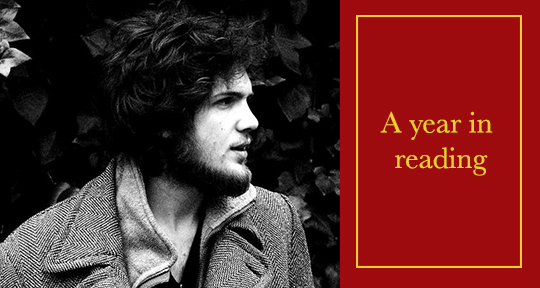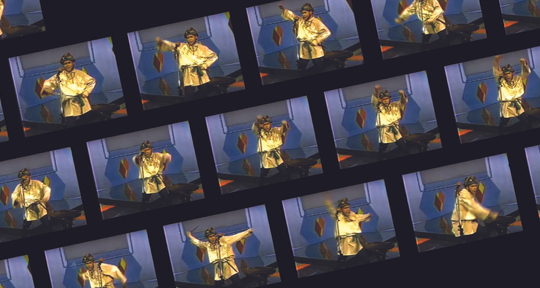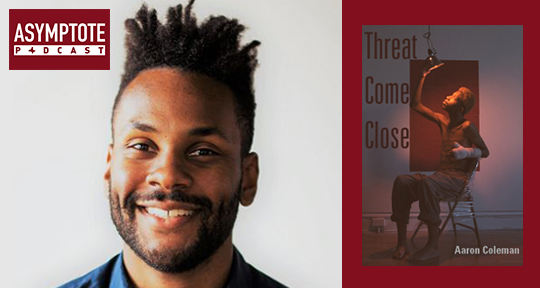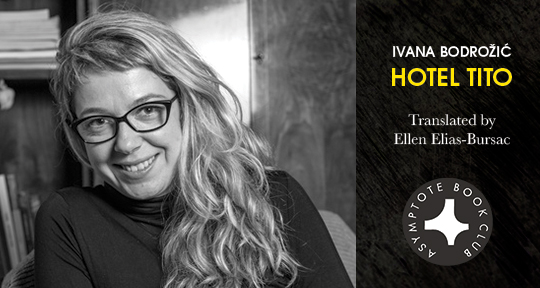It’s been five years since I wrote for the Asymptote blog about my resolution to read only books by women for a year, and nearly five years since British author Joanna Walsh created the #readwomen2014 hashtag on Twitter. Around the same time, Walsh also started the @read_women Twitter account, which gained more than 25,000 followers. The account, which Walsh maintained with the help of several other people, was retired on June 16, 2018, after four and a half years online.
Walsh’s efforts sparked a worldwide movement among readers, activists, bookstores, and publishers that gained worldwide press coverage. The tag evolved to #readwomen as people continued to share the names of underappreciated writers and discuss ways to balance the literary scales that have been tipped for centuries against women. As novelist Alexander Chee wrote in an October 2014 essay for The New York Times Book Review, “Walsh’s hashtag became a rallying cry for equal treatment for women writers,” and the movement’s aim of calling out gender bias in publishing and the general public’s reading habits was, as he saw it, “for everyone.”
Near the five-year anniversary of the #readwomen movement, I wanted to look for signs of potential progress for literary fiction by women. What’s changed since 2013? Have conditions improved for literature created by women and those who identify as women or non-binary? What follows is a very brief, scattershot survey of notable points around these questions, a sketch of a small corner of the global picture from my limited perspective. READ MORE…

